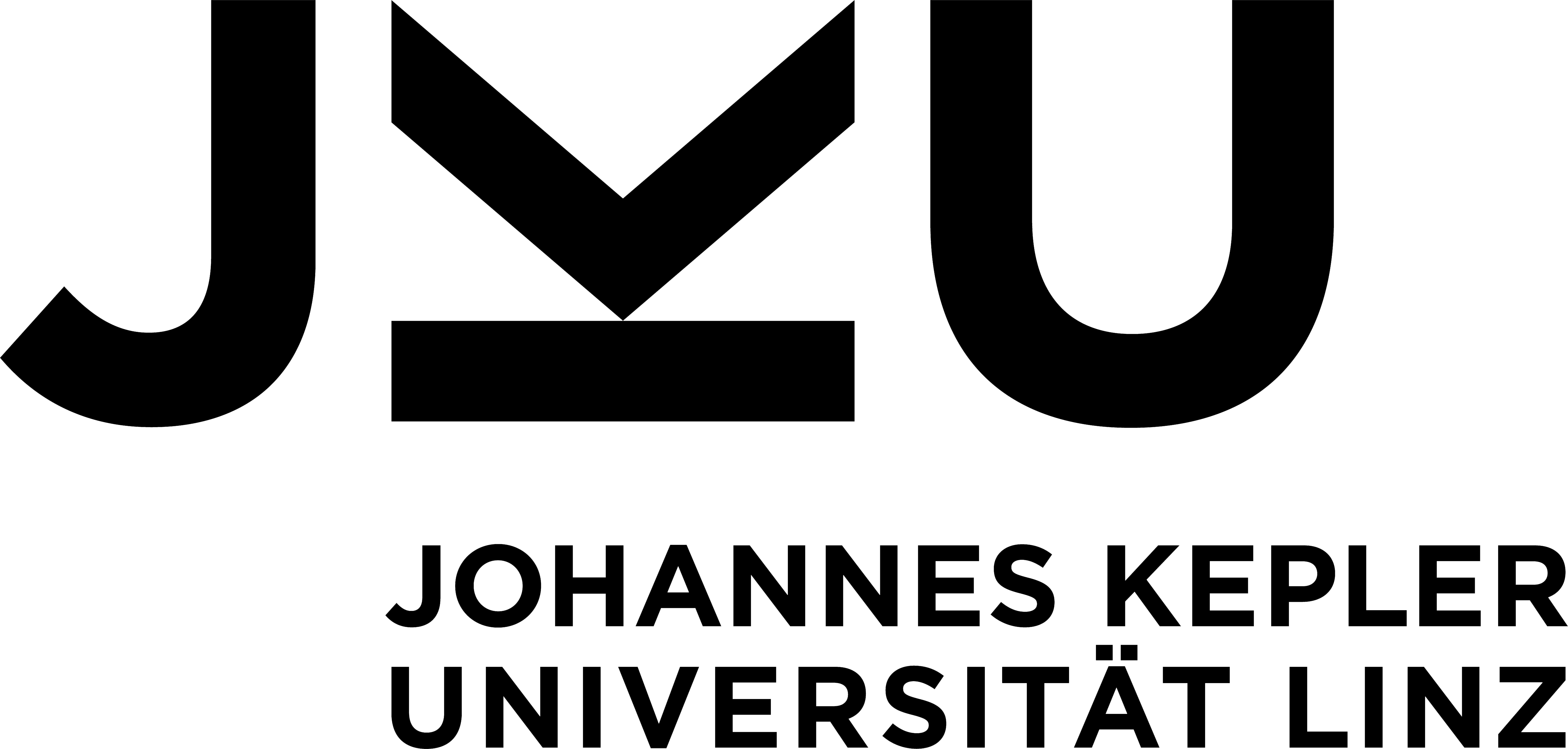Computer Science Colloquium
Dr. Wieland Schwinger
Johannes Kepler Universität Linz
Employing Models for the Systematic Development of Web Applications - From Wishful Thinking to Viable Engineering
Thu 10.01.2008, 16:15, 60 minutesT711 (GRID-RAUM)
Abstract
The World Wide Web has a massive and permanent influence on our lives. Economy, industry, education, healthcare, public administration, entertainment ? there is hardly any part of our daily lives that has not been pervaded by the Web. While originally the Web was designed as a purely informational medium, it is now increasingly evolving into an application medium. Web applications today are full-fledged, complex software systems providing interactive, transactional, data-intensive and customizable services for individual users, accessible through different devices. Despite these fundamental changes in the orientation of the Web, the current situation of ad hoc development of Web applications reminds us of the software development practices of the 1960s, before it was realized that the development of applications required more than programming expertise. The development of Web applications is often seen as a spontaneous, onetime event, based on the experiences of individual developers, limited to reuse in the sense of the - copy&paste paradigm - and ultimately characterized by inadequate documentation of design decisions, being heavily technology dependent and error-prone. Such quick and dirty development practices together with the increasing cross-dependent employment of Web applications for critical business processes (e.g. in e-commerce or e-health) could potentially lead to a - Web crisis - becoming considerably more serious and widespread than the software crisis of the 1960s. To counteract this situation, a systematic development approach providing engineering techniques for the whole web application development life-cycle would be highly desirable. One vital instrument in this respect is the employment of models, providing the prerequisites for reducing complexity, abstracting from technology, and thus for reusing well-documented design decisions. During the past 10 years, academia has already provided various modelling approaches for web applications. Originally focused mainly on notational aspects, nowadays, these approaches more and more head towards supporting the whole development life-cycle, e.g., by providing code generation facilities, and aim to addressing new emerging types of web applications supporting, e.g., context-aware services. This talk will discuss the state-of-the-art in employing models for the systematic development of web applications thereby particularly focusing on opportunities and challenges of context-awareness. In this realm, new and promising paradigms will be examined such as model-driven engineering, aspect-oriented modelling, and model-based integration. Providing a critical reflection of the current efforts in this area, the talk will sketch future perspectives for, both, academia and practice.Bio
Dr. Wieland Schwinger is holding a tenure position as a senior researcher and lecturer at the Institute of Telecooperation, Johannes Kepler University Linz, Austria. Prior to that, he was working as a senior researcher and project manager of strategic research projects at the Software Competence Center Hagenberg. His current research interests comprise Web engineering, context and situation modelling, ontology-based systems, and model engineering. In this realm, he was involved in several national and international projects, amongst them the EU-funded project - UWA - Ubiquitous Web Applications - the EU-funded project - WEE-Net - Web Engineering Network of Excellence - the EUMEDIS-funded project - MEDINA ? The Mediterranean by Internet Access - and the FFG-funded project - ModelCVS ? A Semantic Infrastructure for Model-based Tool Integration - This work has resulted in more than 50 refereed publications in international journals, books and conferences proceedings.Invited by Univ.-Prof. Dr. Gabriele Kotsis
The Computer Science Colloquium is organized by the Department of Coputer Science at JKU, the Österreichische Gesellschaft für Informatik (ÖGI) and the Österreichische Computergesellschaft (OCG).
